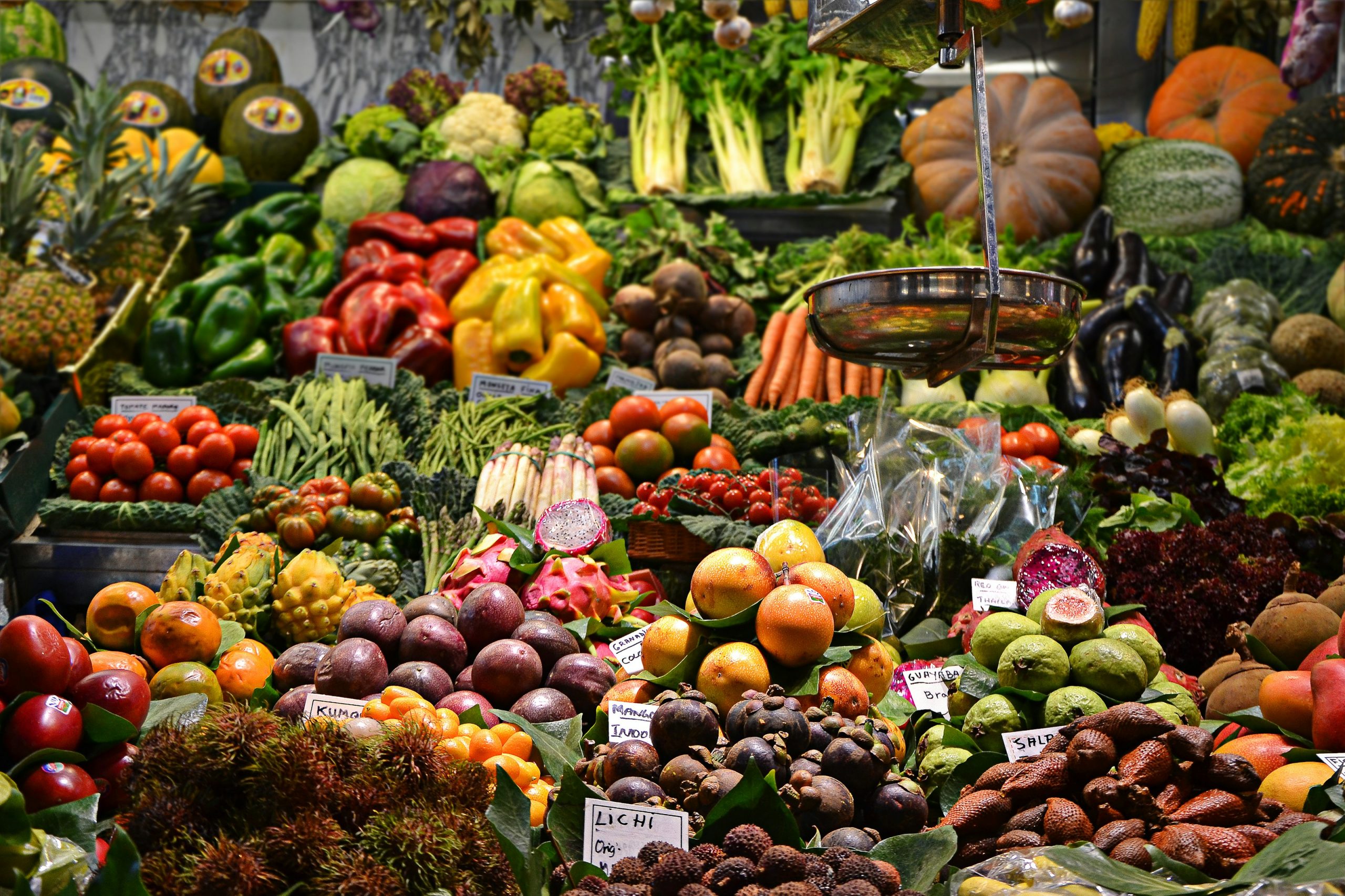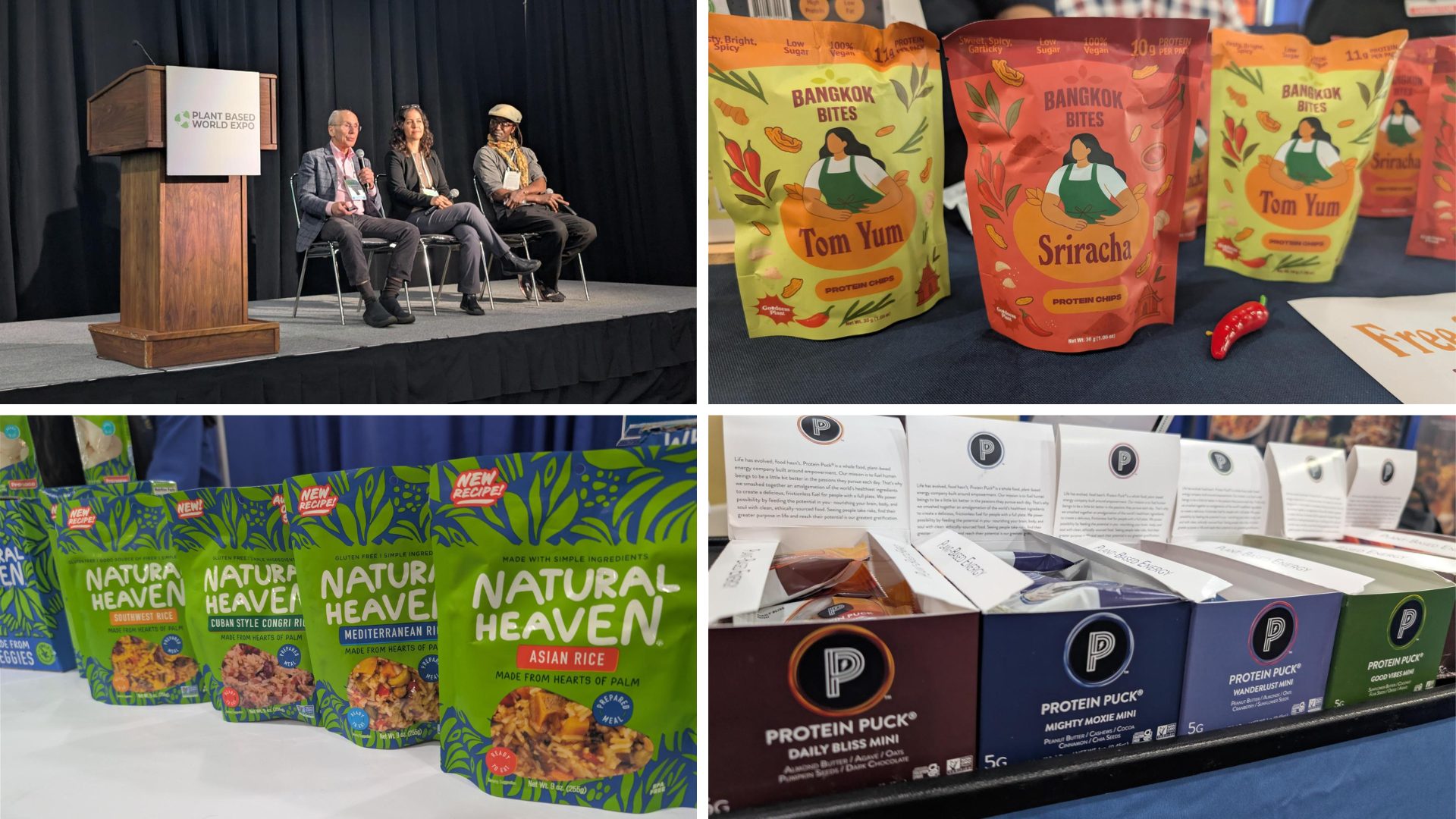Seemingly any product you can think of has a plant-based alternative these days.
When The Food Institute attended this years’ Natural Products Expo West, we found a plethora of plant-based brands with items like alt-chicken nuggets, ice cream, and cheese. In fact, 6% of all exhibitors were those with plant-based ethics.
A recent Datassential report found that plant-based items were found on 4.7% of U.S. menus, with 28% of consumers saying they love or like it. Additionally, the global plant-based meat market is projected to reach $24.8 billion by 2030, according to Grand View Research.
Even taking into account such projections, one’s left wondering if the market may become oversaturated in the not-too-distant future.
TOO MUCH COMPETITION?
Is the plant-based market getting overcrowded?
Not necessarily, Jennifer Bartashus, Senior Analyst at Bloomberg Intelligence, told The Food Institute, adding that increased competition can benefit the sector as a whole.
“Having a large number of participants can speed up innovation, unveil new protein sources, improve the nutritional profiles/labels and increase consumer awareness,” said Bartashus. “We are still at the stage of growth where there is ample room for a lot of companies and products.
“And competition makes everyone stronger.”
Shannon Cosentino-Roush, Chief Strategy Officer at alt-seafood brand Finless Foods, also believes that the more options there are, the more consumers will be eating plant-based.
“Each plant-based product fills its own unique niche and value proposition, providing additional choice to consumers looking to add diversity to and incorporate additional sustainable choices into their diets,” she said.
However, Bartashus added that the potential danger comes when too many new products are rushed to the market and don’t have the taste, nutritional profile, or branding that resonates with consumers.
“For anyone who is still new to plant-based products, if they buy a new product and have a bad experience with it or it doesn’t meet their expectations, that detracts from their willingness to try other products,” she noted.
HOW CAN BRANDS STAND OUT?
According to research from Veylinx, a global research company, taste and cost are the two most important drivers when it comes to convincing consumers to eat more plant-based products.
“Brands can’t go wrong with developing products that taste good and are priced competitively, even if they don’t necessarily replicate the experience of eating meat,” said head of marketing Michael Bevan.
Bartashus agreed that taste is the most important way a product can differentiate itself.
“If products don’t taste good, consumers just won’t buy them,” she said. “That’s then followed by things like sustainability, price, nutritional profile, etcetera.”
Editor’s note: additional reporting provided by The Food Institute’s CEO, Brian Choi.












